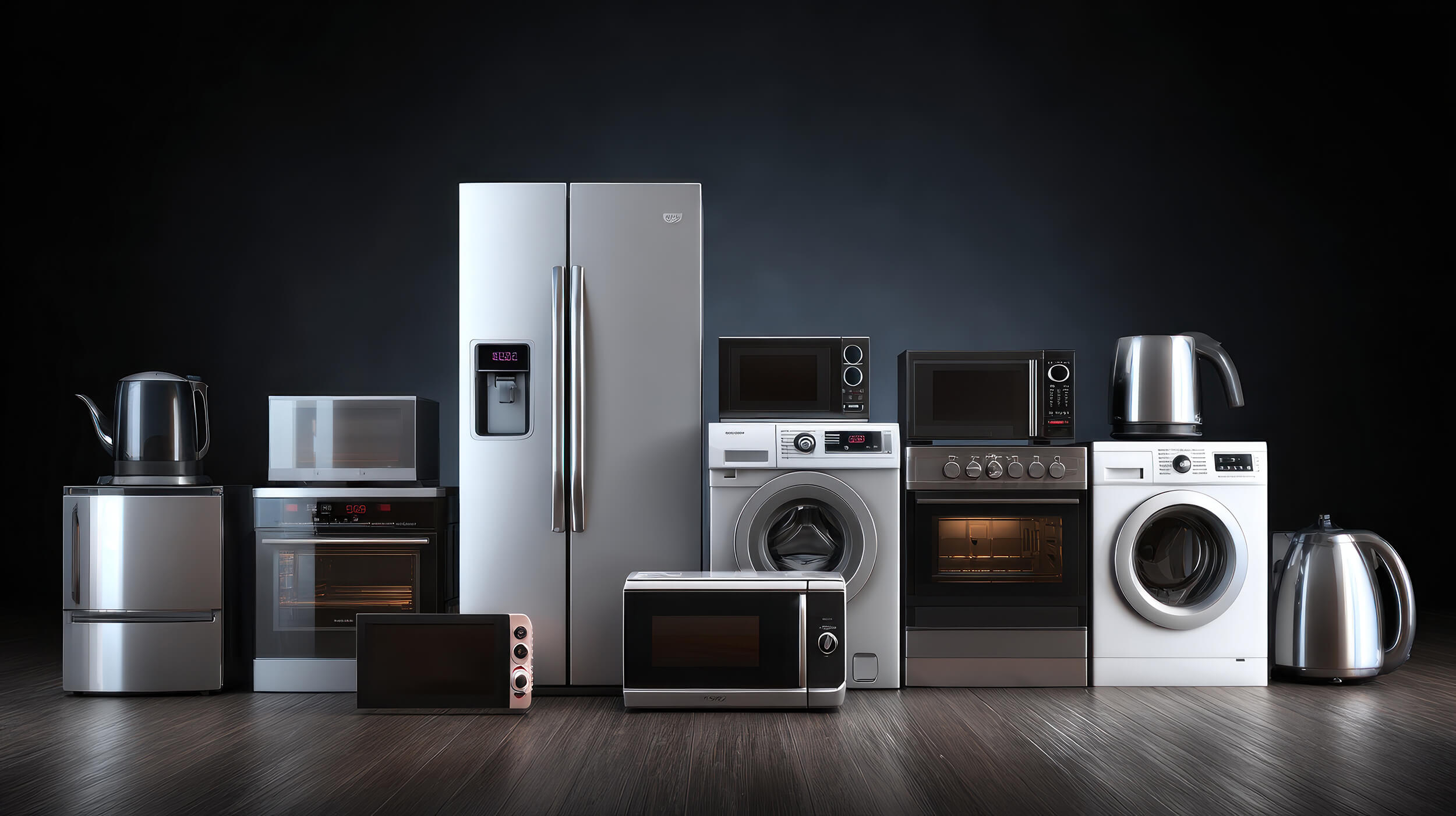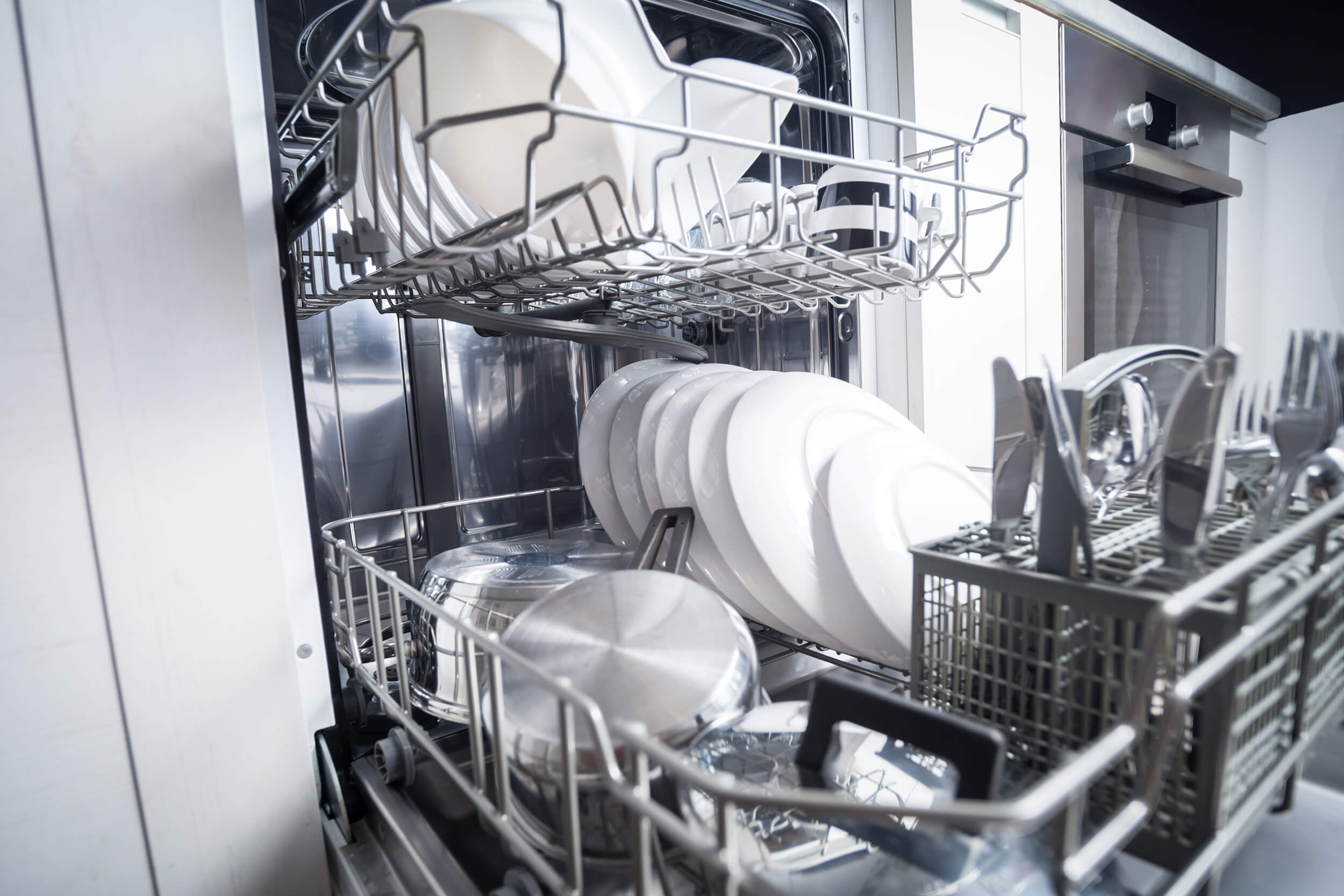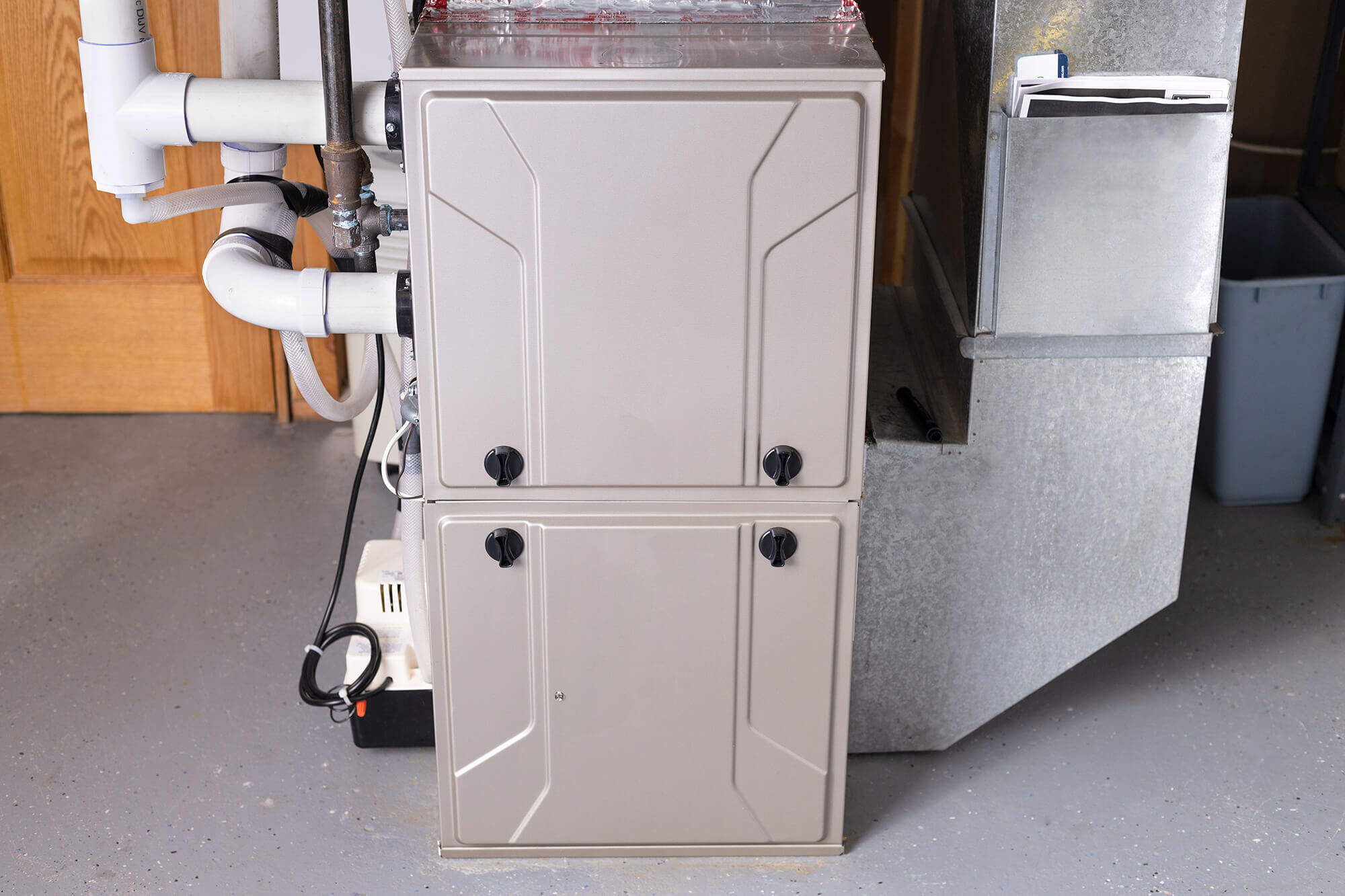Contact: Andrew deLaski, 617-515-7755, adelaski@standardsASAP.org
Washington, DC—Restaurants, hotels, and other businesses and institutions that use hot water would see reduced energy costs under a Biden administration efficiency standard for commercial water heaters proposed today. The Department of Energy’s (DOE) rule, if finalized, would reduce annual operating costs by $140 million while cutting carbon dioxide emissions by 38 million metric tons over 30 years of sales, according to the agency.
Water heating is the second biggest use of gas in commercial buildings behind space heating. It can be a significant business expense, especially in the hospitality industry. Most gas-fired water heaters allow a significant amount of energy to go to waste as hot gases going up a flue. The proposed standards would effectively require new commercial gas water heaters to use widely available “condensing” technology that captures and uses some of this heat.
The reduced costs of utility bills would far exceed the increased purchase costs. In the proposed rule published today, DOE estimates that an average business shifting from a commercial gas storage water heater minimally compliant with the current standard to one meeting the proposed new standard would save $680 over the life of their water heater when considering both upfront costs and utility bill savings.
“Using outdated water-heating technology comes with a big price tag, but we’re one step closer to reducing that bill,” said Andrew deLaski, executive director of the Appliance Standards Awareness Project. “The department should move promptly to get this done and avert the needless greenhouse gas emissions and extra energy costs from inefficient equipment.”
“It’s been two decades since the department has updated this standard and it’s long overdue. For restaurants and commercial kitchens, it's going to be a significant money-saver. For the climate, it means a meaningful cut to greenhouse gas emissions.”
DOE has not updated energy efficiency standards for gas-fired commercial water heaters since 2001. It proposed but did not finalize a new standard in 2016. It was legally required to finalize a standard by 2018.
Residential water heaters are covered under a separate standard; the Biden administration has initiated work on that standard but not yet proposed an update to it. By law, the department was required to propose an updated standard or determine that no update was needed in 2016.
###
The Appliance Standards Awareness Project (ASAP) organizes and leads a broad-based coalition effort that works to advance, win and defend new appliance, equipment and lighting standards that cut emissions that contribute to climate change and other environmental and public health harms, save water, and reduce economic and environmental burdens for low- and moderate-income households.




